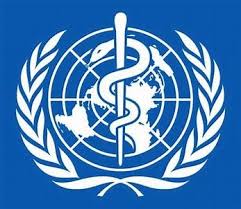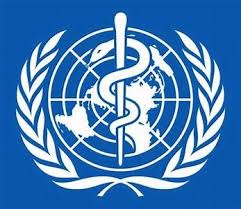
In a move that has shocked the global health community, the United States has announced its decision to withdraw from the World Health Organization (WHO). This decision, driven by concerns and criticisms, marks a significant shift in the U.S.’s approach to international health cooperation.
Reasons for Withdrawal
- COVID-19 Response: One of the primary reasons cited for the withdrawal is the WHO’s handling of the COVID-19 pandemic. In his executive order, President Trump accused the WHO of a slow response to the outbreak and failing to hold China accountable for its initial virus handling. He argued that the organization did not investigate the virus’s origins in Wuhan, China.
- Reforms and Independence: The U.S. government also criticized the WHO for failing to adopt urgently needed reforms and demonstrating independence from member states’ political influences. This criticism points to a broader concern about the organization’s governance and accountability mechanisms.
- Financial Contributions: Another significant factor is the financial burden placed on the U.S. The U.S. has been one of the most important contributors to the WHO, with dues ranging from $100 to $122 million annually. President Trump argued that these contributions were disproportionately high compared to other countries, particularly China, which has a much larger population but contributes significantly less.
Implications of the Withdrawal
The decision to withdraw from the WHO has far-reaching implications for the U.S. and the global health community. Here are some key points:
- Impact on Global Health: The WHO is crucial in coordinating international responses to health emergencies and supporting countries in monitoring, preparing, and recovering from disease threats. The U.S.’s withdrawal could weaken the global health system’s ability to respond to pandemics and other health crises.
- Loss of Influence: As a founding member and one of the most significant contributors to the WHO, the U.S. has historically had considerable influence. By withdrawing, the U.S. loses its ability to shape global health policies and initiatives.
- Public Health Risks: Experts warn that the withdrawal could make the U.S. and other countries less safe from infectious diseases and other public health threats. The interconnected nature of global health means that diseases do not respect borders, and a weakened WHO could hinder efforts to control outbreaks.
- Financial and Operational Challenges: The withdrawal will also have economic and operational implications for the WHO, which will need to find alternative sources of funding and support to continue its work. This could lead to delays and disruptions in critical health programs and initiatives.
In conclusion, the U.S.’s decision to withdraw from the WHO is driven by a combination of concerns about the organization’s handling of the COVID-19 pandemic, its governance and independence, and the financial burden on the U.S. While the move may address some of these concerns, it also poses significant risks to global health and the U.S.’s ability to respond to future health crises. The coming months will determine how the global health community adapts to this new reality.




